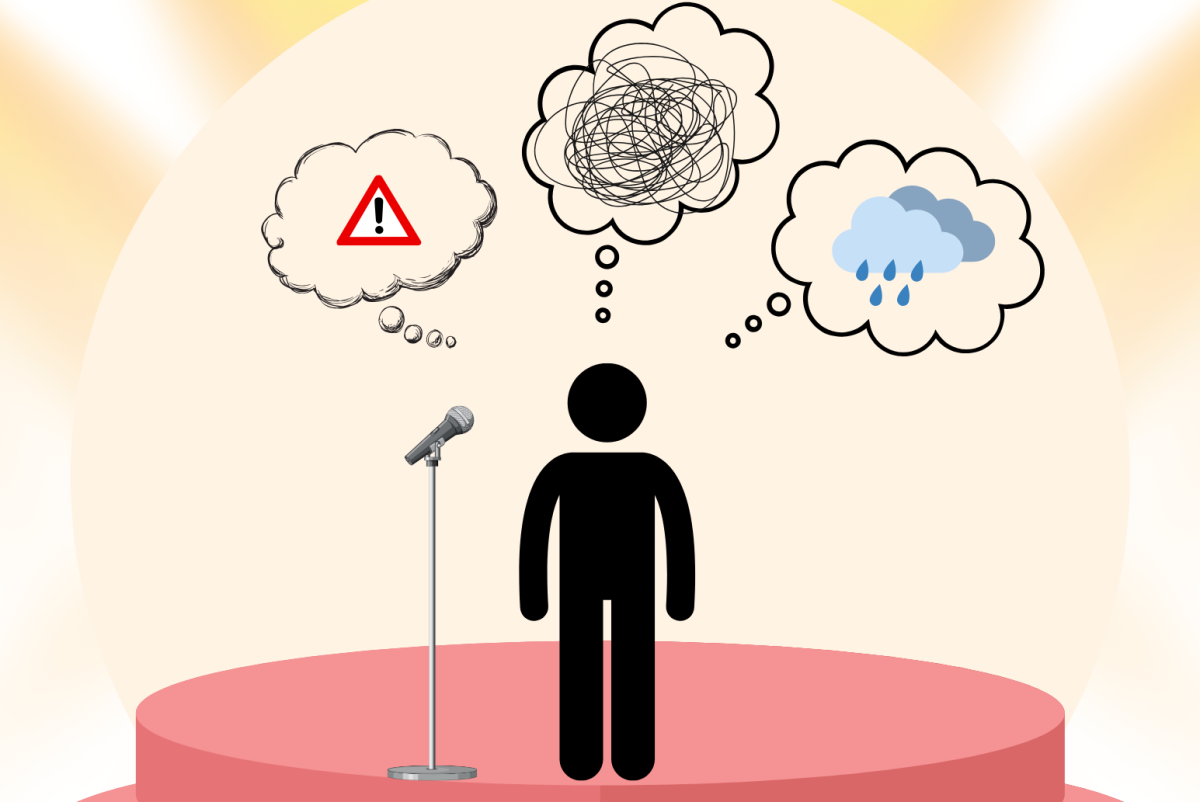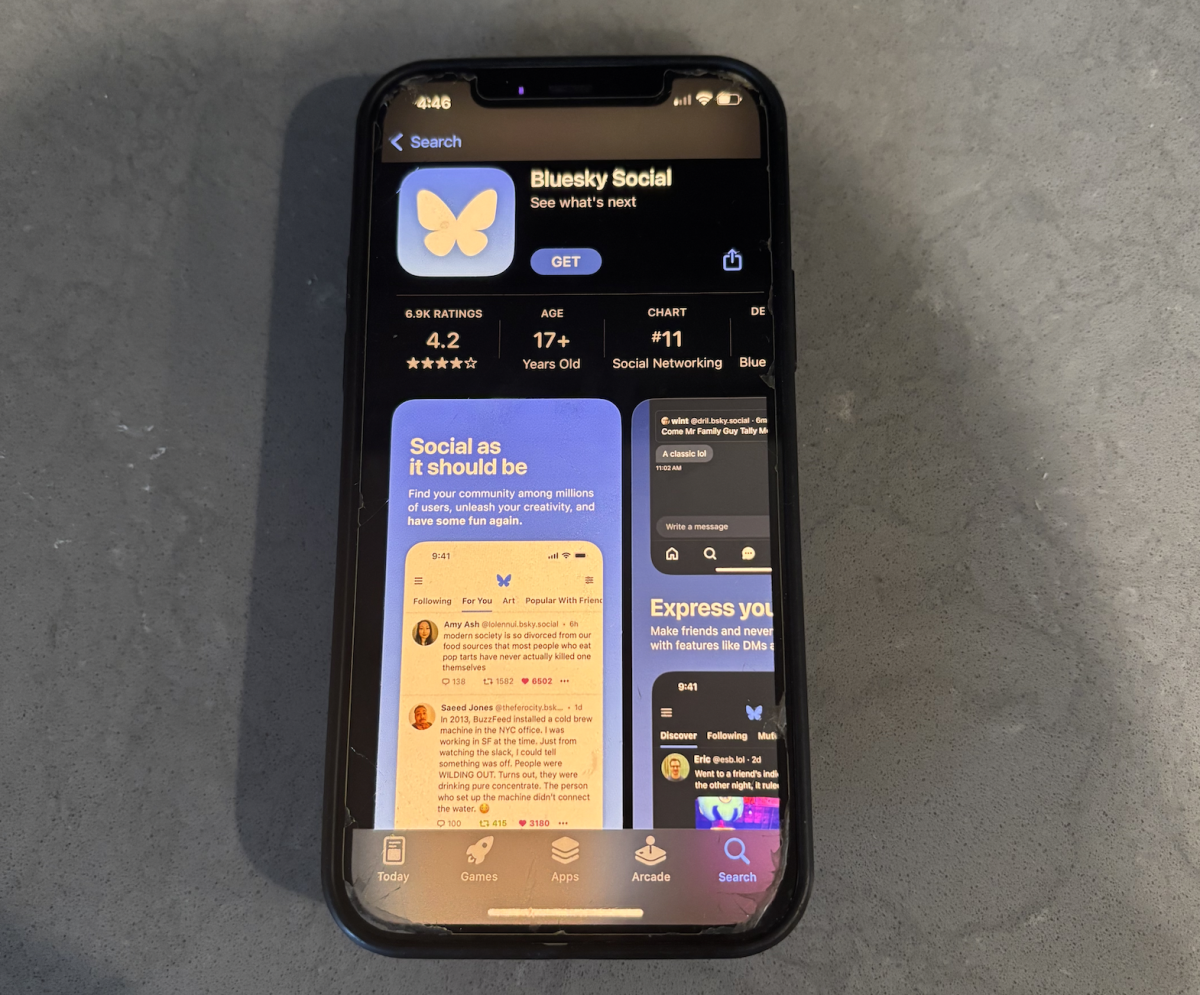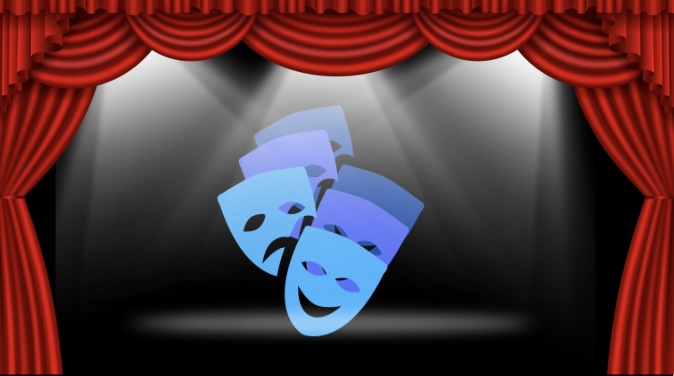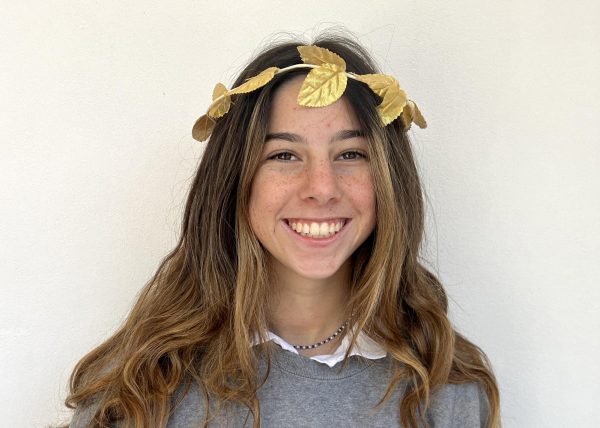Content Warning: This column mentions mature themes such as eating disorders, references to sexual activity and substance usage.
Let’s take a moment for the book that has long rotted on my bookshelf. If you’ve read a column of mine before, it’s apparent that young adult books are more my forte than anything else. Now, after relentless, gratuitous criticism from my parents that I “can’t only read depressing love stories,” and “there are more genres out there,” I’ve decided to branch out.
The single murder mystery novel on my shelf felt too daunting for a first trip out of my comfort zone, so instead, I found a happy medium in my first memoir experience. The back cover described it as “wildly funny, occasionally heartbreaking,” so I hoped maybe I wasn’t too far out of my league here. With an author whom I’ve come to acknowledge as myself in a parallel universe (or just me in 20 years), Dolly Alderton’s memoir “Everything I Know About Parties, Dates, Friends, Jobs, Life, Love” was a perfect witty read for unacclimated fiction readers.
Alderton’s writing is utterly hilarious and instantaneously relatable, from her life at an all-girls school to the tales and terrors of coed education post-all-girls life. The way she reflects on her first kiss as a “suburban child orgy” or justifies her drunken mistakes because “the anecdotal mileage will be inexhaustible” is beautiful prose and, better yet, paired with hilarious content.
The novel is an eccentric twist to chapter books; Alderton sprinkles lists, letters and recipes between chapters, adding ingenuity to an already lively story. Highlights include Alderton’s “weekly shopping list” with items that certainly won’t be located in a grocery store. My personal favorite chapter details hilarious exchanges on her flatmate’s phone to random acquaintances with the preface “I don’t know why she agrees to it.” There is even a recipe for “Hangover Mac n Cheese,” which I will also be enjoying on a Tuesday night, though under wildly different circumstances. While Alderton was choosing cocktails, I was choosing what subject to study first.
Alderton acts as a big sister figure as she guides readers through the rollercoaster of womanhood. She gives authentically real guidance on life in the 20s; obviously, I say this presumably, as I am writing this for my high school newspaper. The storytelling was so raw and real that it felt like I was reading Alderton’s journal. I admired and related to her cynical perspective of life maybe more than I should.
She explores the facets of femininity in both positive and negative lights; while the title suggests the plot will spotlight the romances throughout her life, contrarily, her relationships with her best girlfriends are the heart of the story. We meet childhood best friends, college acquaintances, personalities you’ll fall in love with and ones you’ll wish you could slap.
Alderton and her best friend Farly are most deserving of those half-hearts friendship necklaces all young girls wear. Their stark contrast in personalities is what makes the book so relatable, regardless of your own. Alderton writes, “[Farly] is without ego; I think my piece of morning toast is important enough to warrant broadcast on social media.”
Her guidance through the ins and outs of womanhood delves into dark complexities, including her bravely revealed journeys of struggling with eating disorders, as well as celebrates the positives that life in your 20s presents.
Readers get the joy of essentially “growing up” with Alderton, as she sporadically includes chapters titled “Everything I knew about love at (whatever age she was).” Originally, the jump from everything she knew about love at 20 to everything she knew about love at 25 felt repetitive — redundant even. Feeling déjà vu, I thought I dropped my book and lost the page number, accidentally rereading.
However, as I continued, I noticed slight changes in her opinion on the topics presented. At 21, Alderton declares, “Men love a wild, filthy woman.” This completely contrasts Alderton’s assertion at 25 years old that, “Men love a woman who holds it all back.” Expressing the dos and don’ts of dating and living in this way highlights how being human means your opinions fluctuate over time.
Maybe older really is wiser. The structural and stylistic genius of this memoir made me laugh out loud, lose track of time and have an existential crisis, as all good books do. The moral of my story is that branching out of your preferred genre, while daunting, is incredibly rewarding, and you may discover something wonderfully relatable and human.











Maya Hernández • Apr 17, 2024 at 8:41 am
I loved this column! I have read this book and it was so incredible.